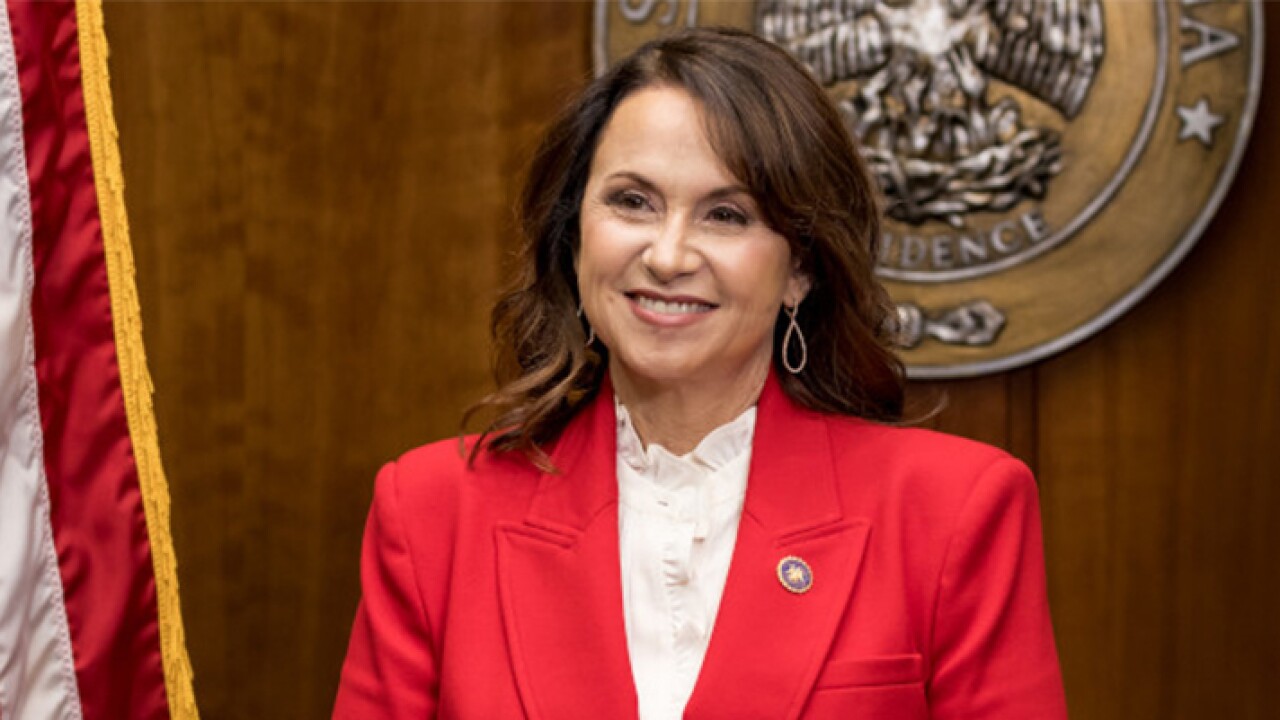
CHICAGO – With a potential downgrade looming, sponsors of the Illinois Senate's bipartisan budget fix put off a vote until February to work on making the package, which would impose $6 billion in new and increased taxes, more palatable.
Fitch Ratings has warned that it expects to resolve the state's credit watch placement by the end of January and analysts have said they would cut the state's BBB-plus rating if no progress has been made on tackling the state's budget crisis.
Whether they will wait was not known Thursday. It was also not clear if Senate passage alone of the legislation would be enough stave off a downgrade.
The week opened with the Senate leaders aiming for a Wednesday vote on the "Grand Bargain" legislation, but after it became clear that the package needed additional revisions to build a stronger level of bipartisan support, talks continued in hopes of a possible Thursday vote.
On Wednesday, Republican Gov. Bruce Rauner offered praise during his State of the State address for the bipartisan Senate efforts and urged the leaders to keep working on the compromise plan in hopes of ending an 18-month-old budget stalemate.
House Minority Leader Christine Radogno, R-Lemont, and Senate President John Cullerton, D-Chicago, took to the floor Thursday, telling lawmakers that the bills were not yet ready for a vote with more changes needed.
"We need to do this together for the good of the state. I think we are still on that path," Radogno said, urging lawmakers not to "succumb" to expected pressure from special interest lobbyists as they return to their home districts and to instead remember that residents are clamoring for a solution.
"If we need more time to pull this together, I'm going to consider that encouraging," Cullerton said, adding that lawmakers should expect to vote when they return the week of Feb. 7.
Fitch's lead Illinois analyst, Karen Krop, could not immediately be reached to comment.
In a special commentary on Jan. 11, the rating agency wrote after the Senate package was unveiled during the legislature's lame-duck session: "After two years, there are indications that Illinois may begin to address the issues that have led to an extended budget stalemate, credit deterioration."
Fitch said the proposals if enacted "have the potential to stabilize the Illinois issuer default rating and related ratings if they lead to a structurally balanced budget and reduce accumulated budget liabilities." But the rating agency added that it still plans to resolve the credit watch placement by the end of January as it had previously stated.
"The expected timing of Fitch's review is unchanged," the report read. "Fitch has stated that failure to enact measures that lead to ongoing budget balance would trigger a downgrade."
There is no sign that the House would go along with any Senate bargain.
House Speaker Michael Madigan, D-Chicago, is standing by his own proposals to increase revenue though a surcharge on millionaires and to improve the business climate by reducing corporate taxes. He also has continued to label Rauner's proposals – some of which would be included in the Senate package – as hurtful to the middle class, so his ultimate stance is uncertain.
Most of the bills were the subject of hearings Wednesday and Thursday morning. Some face intense opposition. The Illinois Chamber of Commerce opposes the whole package. But special interest criticisms of the bills, including opposition from labor was not solely to blame for the lack of a vote.
Republicans worried over the size of the proposed tax increases without more spending cuts outlined. The package does not address spending beyond fiscal 2017, which ends June 30. Rauner will propose a budget for fiscal 2018 next month. At the same time, Democrats wanted assurances of a strong show of Republican votes.
In addition to funding government for the remainder of the fiscal year and raising taxes, the package of bills would authorize $7 billion of borrowing to pay down the state's $11 billion bill backlog; offer pension reforms; expand gambling; pave the way for local government consolidation; implement procurement and worker's compensation reforms; and create a local property tax freeze. It would also provide teachers' pension funding help for the Chicago Public Schools.
Moody's Investors Service rates state general obligation bonds Baa2 and S&P Global Ratings assigns them its BBB rating. Both assign a negative outlook. A Fitch downgrade would bring the state down to the same level as the other two. Illinois is the lowest rated state.





